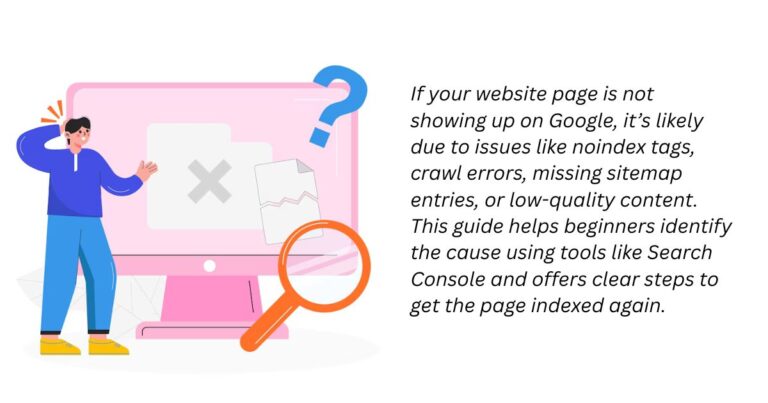In the world of SEO, there are certain concepts that stand out due to their critical role in determining a website’s success. One such concept is YMYL, short for “Your Money or Your Life.” If you’re working on optimizing content for search engines, understanding YMYL is essential. Let’s dive deep into what it means, why it matters, and how you can optimize your content to meet the stringent standards associated with it.
In SEO, there are certain concepts that stands out due to their critical role in determining a websites’ success. One such concept is YMYL, short for “Your Money or Your Life”. If you’re working on optimizing content for search engines then understanding YMYL is essential.
Let’s dive deep into what is YMYL in SEO, why it matters, and how you can optimize your content to meet the stringent standards associated with it.
What is YMYL?
YMYL refers to web pages or content that can directly impact a person’s:
- Financial well-being (e.g., online banking, investment advice)
- Health and safety (e.g., medical advice, drug information)
- Happiness and quality of life (e.g., mental health resources, legal advice)
Google categorizes these pages as YMYL because the information they provide carries significant consequences for users. For example, a poorly written health article or inaccurate financial advice could lead to serious repercussions.
Why Does YMYL Matter in SEO?
Google’s algorithms, particularly the E-E-A-T (Experience, Expertise, Authority, and Trustworthiness) framework, pay extra attention to YMYL pages. The search engine aims to ensure that such content comes from reliable sources and delivers accurate, helpful, and safe information to users. For SEO professionals, this means:
- Ranking a YMYL page is more challenging compared to general content.
- Content must demonstrate expertise, authority, and trustworthiness.
- Low-quality YMYL content can lead to penalties or significant drops in rankings.
Examples of YMYL Pages
Here are some examples of content categorized as YMYL:
- Health and wellness: Articles on symptoms, treatments, or fitness plans.
- Finance: Blogs on saving, investing, or tax-related advice.
- Legal: Content about contracts, legal rights, or criminal law.
- E-commerce: Online stores selling products directly tied to health, safety, or finances.
If your website falls under any of these categories, YMYL guidelines should shape your content strategy.
How to Optimize YMYL Pages?
Prioritize E-E-A-T Standards
- Experience: Show first-hand experience with the topic (e.g., case studies or personal anecdotes).
- Expertise: Ensure content is written by professionals or experts in the field.
- Authority: Build backlinks and citations from authoritative sources.
- Trustworthiness: Use secure website protocols, accurate information, and transparent policies.
Leverage Author Profiles
- Include detailed author bios highlighting their credentials.
- Link to their social profiles or published works to establish credibility.
Provide Accurate and Up-to-Date Information
- Regularly update content to ensure it remains relevant.
- Cite trusted sources such as government websites, peer-reviewed studies, or recognized institutions.
Improve User Experience (UX)
- Ensure your site is fast, mobile-friendly, and easy to navigate.
- Eliminate intrusive ads or misleading pop-ups.
Implement Strong On-Page SEO Practices
- Optimize meta titles and descriptions for clarity.
- Use schema markup for reviews, authors, or FAQs.
- Organize content with clear headings and subheadings.
Challenges of YMYL in SEO
- Increased scrutiny: Google’s algorithms frequently update, raising the bar for YMYL content.
- Competitor benchmarks: Competing against high-authority domains (e.g., government or institutional sites) can be tough.
- Time-intensive processes: Building E-E-A-T and updating content requires consistent effort and resources.
YMYL content plays a pivotal role in shaping how users perceive your website and how Google ranks it. By focusing on high-quality, authoritative, and user-first content, you can align with Google’s guidelines and improve your chances of ranking well. Remember, optimizing for YMYL isn’t just about SEO, it’s about delivering value and building trust with your audience.




